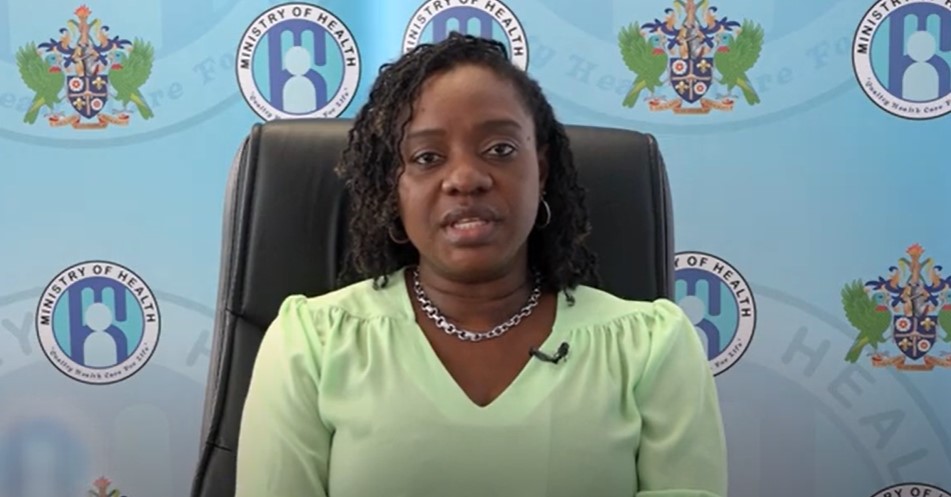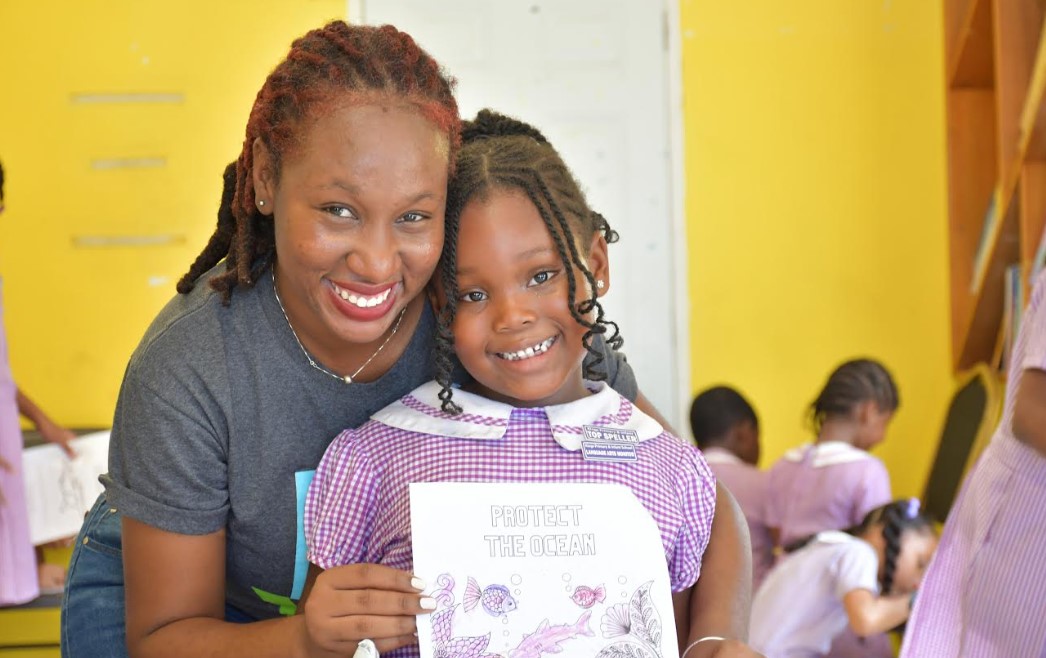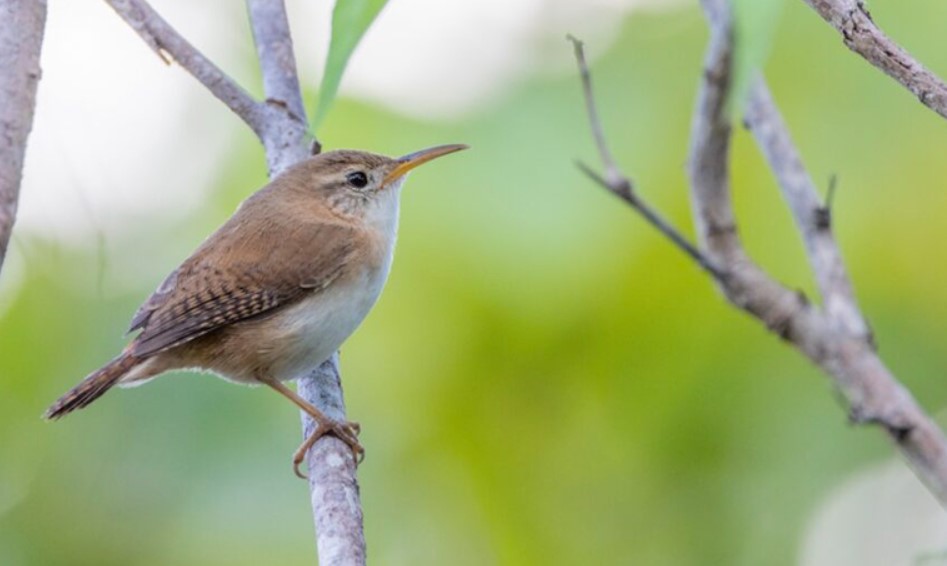

In November, the Ministry of Health, Wellness, and Elderly Affairs will conduct a nationwide survey to assess the presence of Schistosomiasis, or bilharzia, among primary school children aged 8 to 11.
The initiative aims to identify potential cases of the waterborne illness, through contact with contaminated water sources like rivers, ponds, and agricultural areas where host snails may carry the disease-causing parasites.
According to Dr. Michelle François, National Epidemiologist, Schistosomiasis can often be present without visible signs or symptoms in the early stages, making early detection crucial. “This disease can spread through contact with contaminated water in which certain types of snails that carry the disease live and lay their eggs,” explained Dr. François.
As a result, a random selection of children from each public primary school on the island will participate in a national survey.
“This means that each child is selected by chance, not based on his or her residence or any other determinants,” Dr. François clarified.
Parents of selected students will receive an information package that includes a fact sheet on Schistosomiasis and a consent form.
Ministry of Health officials will engage with parents to address questions or concerns, ensuring they are fully informed about the survey process.
Participation is optional and will have no impact on students’ academic performance.
Health Ministry officials have disclosed that trained health teams will visit schools to collect blood samples from the selected children using a finger prick with a safety lancet device.
The samples will be tested locally, and results will be confidentially shared with parents.
If a positive case is detected, an investigation will follow, with treatment provided free of charge.
The prevalence of Schistosomiasis in Saint Lucia remains low, with only 36 cases detected over the last decade.
To declare the disease eliminated, Saint Lucia must meet the World Health Organization’s (WHO) verification criteria, which require no locally acquired human cases, no infections transmissible to humans found in animals, and no infected host snails detected for a continuous five-year period.
The last national school survey on Schistosomiasis occurred in 2017, and with more than five years elapsed, another assessment is necessary to determine the current transmission status.
“This national survey will also help us understand the current epidemiological patterns and to develop and implement strategies for sustained Schistosomiasis elimination in Saint Lucia,” said Dr. François.





